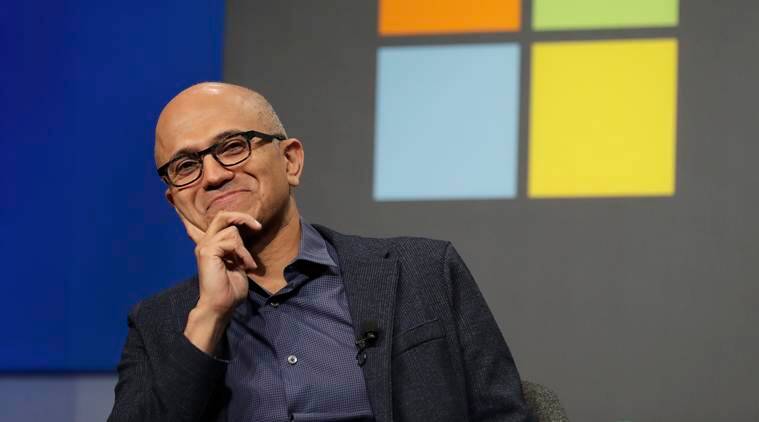

Microsoft CEO Satya Nadella said the company has access to all of OpenAI’s system-level intellectual property, outlining how Microsoft plans to balance its in-house silicon efforts with continued large-scale use of NVIDIA GPUs.
Speaking in an interview, Nadella said Microsoft receives all parts of OpenAI’s accelerator-related IP, except for consumer hardware. When asked what level of access the company has, he responded, “All of it”.
Notably, OpenAI and Broadcom recently announced a multi-year strategic collaboration to co-develop and deploy 10 gigawatts of OpenAI-designed AI accelerators and networking systems, marking a major expansion in OpenAI’s infrastructure capabilities.
Nadella added that Microsoft had earlier provided OpenAI with its own IP while building supercomputers together, creating a reciprocal flow of technology. “We built it for them and they benefited from it… and now as they innovate, even at the system level, we get access to all of it,” he said.
Nadella said this IP pipeline allows Microsoft to evolve Maia at a deliberate pace, even as competitors like Google push forward with custom chips. He explained that internal silicon only succeeds when paired with internal model demand. “If you build your own vertical thing, you better have your own model… and you have to generate your own demand for it or subsidise the demand for it,” he said.
He acknowledged that Microsoft continues to rely heavily on NVIDIA GPUs and that any new accelerator must compete with NVIDIA’s existing fleet. “In a fleet, what I’m going to look at is the overall TCO (Total cost of ownership),” Nadella said.
He added that large cloud rivals face similar dynamics. “Even Google’s buying NVIDIA, and so is Amazon,” he said. “It makes sense because NVIDIA is innovating, and it’s the general-purpose thing. All models run on it, and customer demand is there.”
He explained that Microsoft’s approach is informed by its experience rolling out multiple generations of compute hardware. “We had a lot of Intel, then we introduced AMD, and then we introduced Cobalt. That’s how we scaled it,” he said, noting that Microsoft already operates mixed-silicon environments.
Nadella said Microsoft will maintain a closed loop between its MAI models and its silicon roadmap to ensure microarchitectures track its own workloads. At the same time, the company intends to execute quickly with NVIDIA hardware.
Nadella said Microsoft will first deploy the systems OpenAI builds for them, and then extend those designs into its broader infrastructure.
The post Satya Nadella says Microsoft Holds Full Access to OpenAI’s AI chip IP appeared first on Analytics India Magazine.